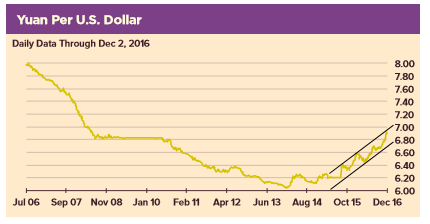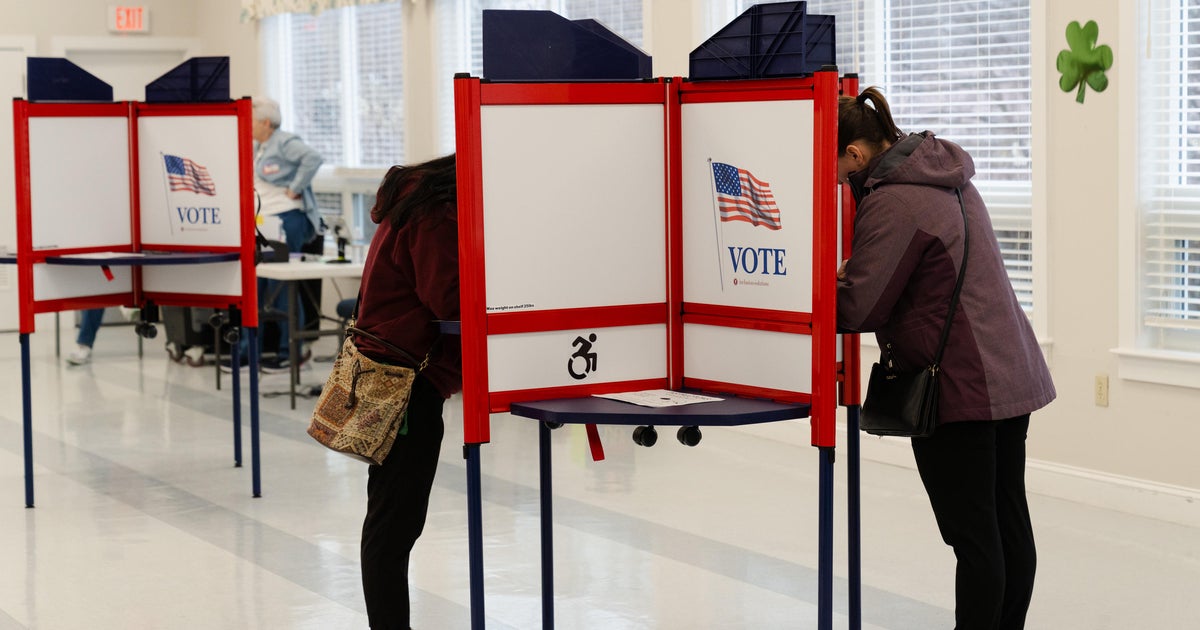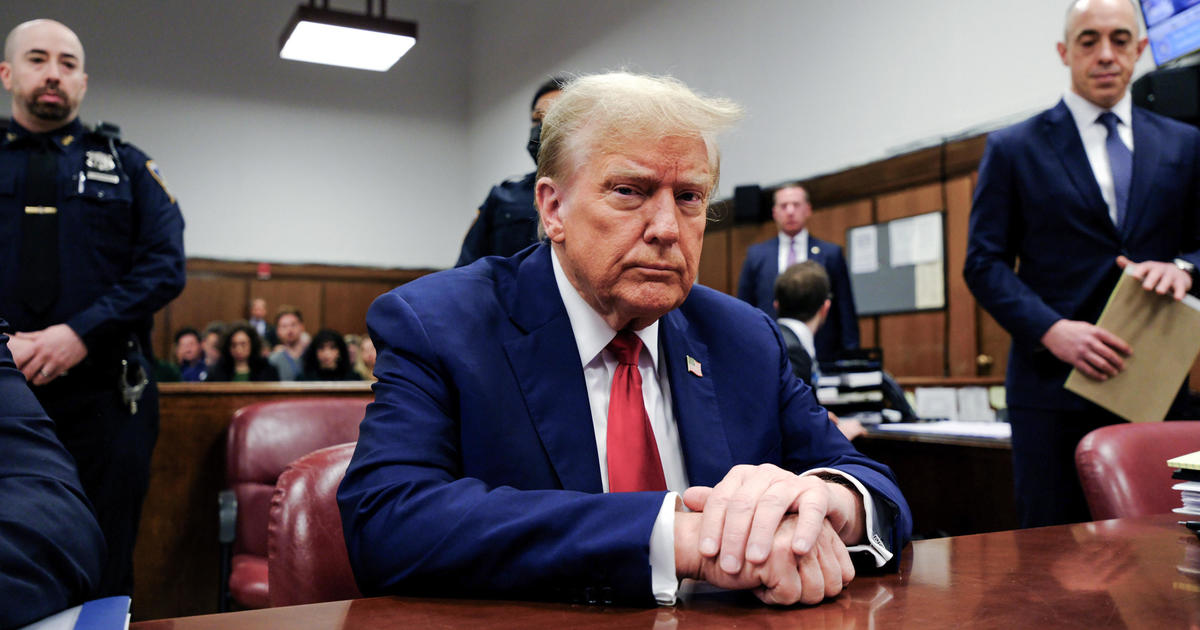Trump isn't all wrong about China as "currency manipulator"
President-elect Donald Trump is already ruffling feathers in Beijing. Not only did he accept a congratulatory call from Taiwan’s leader -- breaking a 40-year-old protocol of the U.S. recognizing only one China -- but he has threatened to officially label China a “currency manipulator” upon assuming office and slap on import tariffs unless Beijing makes its trade policies more equitable.
As Mr. Trump is prone to do, his bombast attracted the ire of the establishment who dismissed him as ignorantly flailing against a China that has lately been trying to bolster its currency amid chaotic capital outflows instead of weakening it to boost exports. While this is true, it’s oversimplified. Mr. Trump isn’t completely right, but he’s not completely wrong, either.
Talking foreign exchange valuations is about as exciting for most Americans as dissecting instructions for consumer electronics. And to be fair, even many economists don’t completely understand the dynamics behind market-based currency values. That’s because simply too many variables are involved, and those variable have many second and third derivative effects that are impossible to track. Currency experts talk in tendencies not absolutes.
Yes, it’s true that China’s currency is no longer undervalued as it was as recently as 2011, when the country was accumulating trillions in largely dollar-based foreign exchange reserves, which held down the yuan and boosted its export competitiveness. But the yuan has dramatically weakened against the dollar over the past year -- something that destabilized American markets in August 2015 and again at the start of 2016.
The story goes like this:
- After unleashing a massive stimulus package to exit the financial crisis, China aggressively strengthened the yuan from 2010-2013 to engineer a “soft landing” to trim both runaway credit growth and inflation (chart above, which tracks the number of yuan per U.S. dollar).
- The currency gains encouraged a massive bubble in the Chinese stock market, as foreign investors poured capital into the country, pushing the Shanghai Composite up some 160 percent in just over a year.
- Policymakers went too far, revealing an economy that was over reliant on cheap debt and export activity. As interest rates rose, the yuan strengthened and consumers in Europe and the U.S. pulled back, China’s GDP growth slowed and bad debts piled up. In 2014, China looked to be on the verge of an outright credit crisis.
- Over the past year-and-a-half, China’s currency has slid lower -- a decline Beijing has leaned against to keep it orderly but isn’t trying to reverse -- as capital flees out of fear of further currency weakness (this is reflected by the sharp rise shown in the chart above). The side effect, as with any market-based exchange rate, is that this weakness is encouraging a turnaround in the economy.
- While China has a history of actively managing its currency, including an informal “peg” to the dollar between 2007 and 2010, a currency weakening in a situation like China’s is to be expected right now. In fact, the International Monetary Fund believes China’s currency is good enough to be included in the SDR “basket” of currencies used in global transactions -- a first step toward the yuan’s growth into a global reserve currency.
Yet the fact of the matter is this: We cannot know the true value of China’s currency -- nor whether Mr. Trump is really right that it’s undervalued -- unless Beijing allows the market to fully and completely set the yuan’s value via the removal of capital controls. But amid ongoing vulnerabilities in the Chinese economy, this just isn’t going to happen.
It’s also fair to say China used a depressed currency value to build up its manufacturing base for years -- casting a shadow on its current efforts to manage exchange rate volatility in the interest of maintaining global financial stability.
While many have criticized Mr. Trump this week for his comments, no less than incoming Senate minority leader Chuck Schumer, D-New York, expressed frustration with China’s move to dramatically weaken the yuan last August in an effort to head off building pressure against it in offshore markets.





